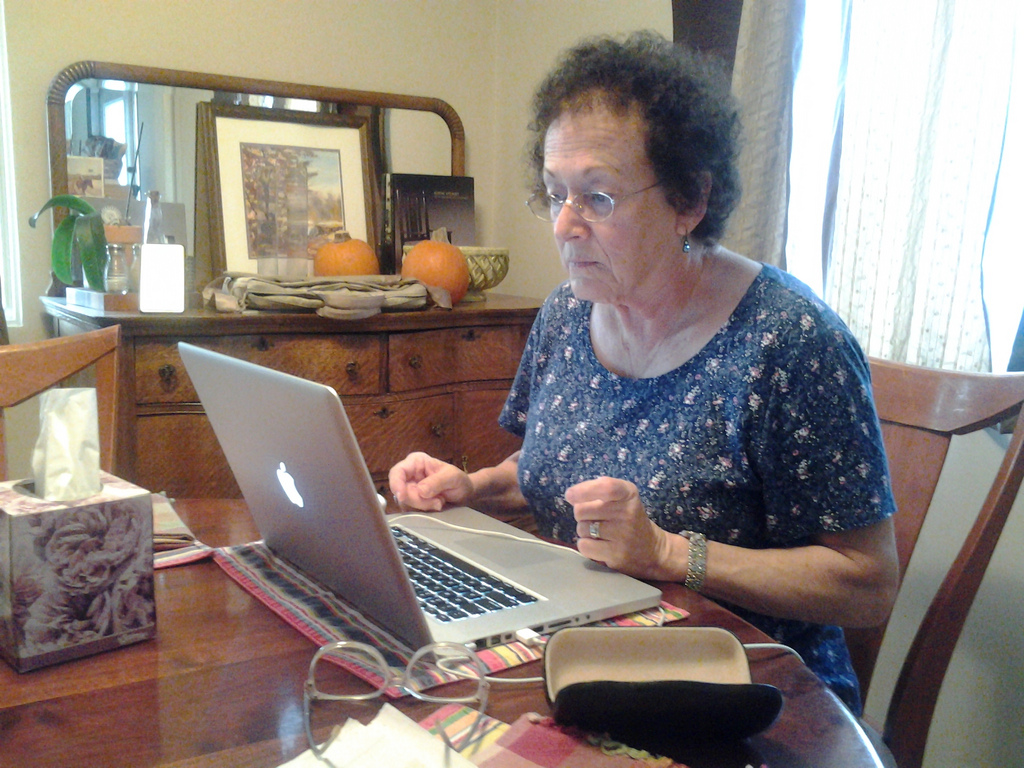Where The Needs Of Others Come First · Available 24x7 For Emergencies

Technology Helps Families Stay in Touch
It’s not always possible for children of the elderly to live close by and visit every day. Physical distance can create concerns about aging parents who may not have the mobility or metal capacity they used to. But thanks to modern technology, it’s possible to remain in close contact with parents while also gaining peace of mind regarding their safety. Elderly men and women who live at home have access to a wide array of virtual options that can not only provide contact with friends and loved ones, but can also ensure that elderly people take their medicine on time and help monitor vitals like blood pressure and weight.
Facilitating Online Communication
Communicating via the internet can be a confusing process for people who didn’t grow up with computers. Family members shouldn’t expect to set up a computer, give a quick ten minute lesson, and then leave them to it. Elderly people may benefit from taking a class specifically designed for their age group. Such classes are often available through your local library. If attending a class outside the home isn’t an option, a family member may be able to take a weekend to help teach the ins and outs of email and Facebook. With these two communication tools, elderly people can remain in the loop for most family members and many friends, helping them feel less isolated. It’s also a great way to let someone know if they need help.
Other Technological Tools
Aside from communication, technology can provide numerous other benefits for elderly people living at home. Online apps like iReminder can be set up to provide medication reminders and to notify loved ones if the medication hasn’t been taken as scheduled. An in-home caregiver can also be instrumental in helping the client remember to use the app and take the medication as prescribed. Other systems can be implemented which help elderly people monitor their blood pressure, weight, and heart rate, and then send this information to a son or daughter who helps keep an eye on their health. Such programs can remove some of the worry associated with caring for an aging parent, but they aren’t a substitute for personal interaction and daily communication.
Technology Can Help, But It’s Not a Cure-all
The benefits of technology may seem obvious to children who are concerned about their aging parents, but it can seem like an invasion of privacy for the parent who is trying to maintain independence. With any technology, it’s important to get the consent of the elderly person before installing new systems or apps and to make sure he or she understands exactly what the technology does. No program can substitute for the love and care communicated through a simple phone call or visit, or the daily companionship of a caregiver. These programs can, however, serve as tools to help assure the safety and monitoring of the elderly loved ones in your life.
Photo by KimSanDiego 

